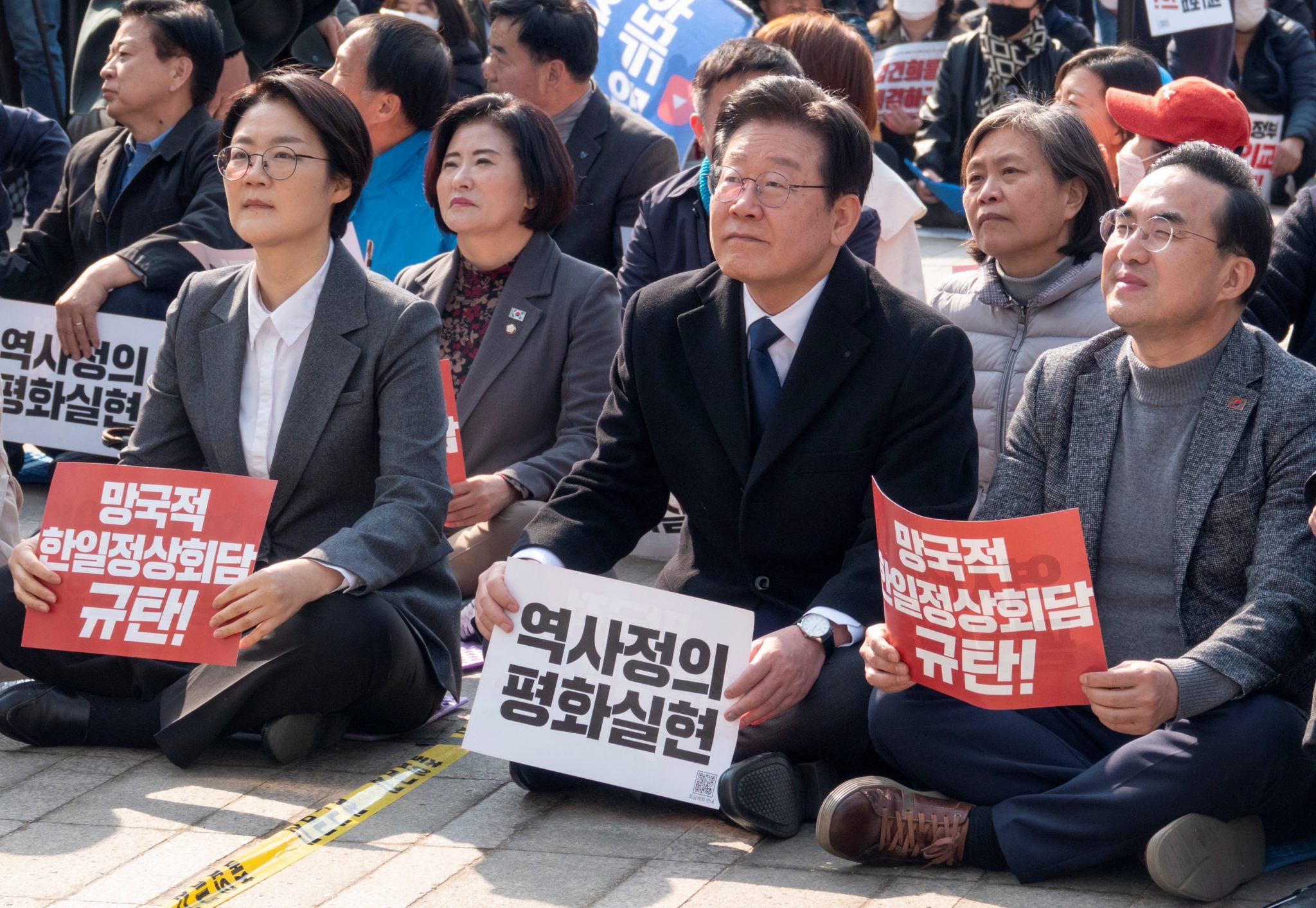jacksondwj.com – South Korea, officially known as the Republic of Korea, has undergone a significant transformation from a military dictatorship to a vibrant democracy. This transition has been marked by both achievements and challenges, reflecting the complexities of its political landscape. This article explores the current state of democracy in South Korea and the various challenges it faces.
Historical Context
South Korea’s journey towards democracy has been tumultuous. After the end of Japanese colonial rule in 1945, the country was divided into North and South, leading to the Korean War from 1950 to 1953. The war and subsequent authoritarian regimes, including those of Park Chung-hee and Chun Doo-hwan, characterized the early years of South Korea’s independence. These regimes were marked by economic growth but also severe restrictions on political freedoms and human rights.
Transition to Democracy
The transition to democracy began in earnest in the late 1980s, culminating in the June 1987 Democratic Uprising, which led to the adoption of a new constitution and the first direct presidential election in 1988. This period saw the rise of civil society and the strengthening of democratic institutions, although the process was not without its challenges.
Current State of Democracy
Today, South Korea is considered a robust democracy with a competitive multiparty system. The country has held regular elections, and power has alternated between conservative and progressive parties. The 2022 presidential election, for instance, saw a close contest between conservative candidate Yoon Suk-yeol and progressive candidate Lee Jae-myung, highlighting the polarized nature of South Korean politics.
Challenges to Democracy
Despite its democratic advancements, South Korea faces several challenges that threaten the stability and integrity of its political system:
Political Polarization
South Korea’s political landscape is highly polarized, with deep divisions between conservative and progressive factions. This polarization has led to intense political conflicts and a lack of consensus on key issues, making it difficult to implement effective policies.
Corruption and Scandals
Corruption remains a significant issue in South Korean politics. High-profile scandals, such as the “Candlelight Revolution” that led to the impeachment of President Park Geun-hye in 2017, have eroded public trust in political institutions. The ongoing efforts to combat corruption, including the establishment of the National Anti-Corruption Commission, are crucial for restoring public confidence.
Economic Inequality
Economic inequality is another pressing challenge. Despite its economic success, South Korea faces issues such as high youth unemployment, rising housing costs, and income disparity. Addressing these economic challenges is essential for maintaining social stability and ensuring that the benefits of economic growth are shared equitably.
Regionalism and Identity Politics
Regionalism and identity politics also play a significant role in South Korean politics. The country’s political landscape is often divided along regional lines, with different regions supporting different political parties. This regionalism can exacerbate political divisions and hinder national unity.
External Pressures
South Korea’s geopolitical position, sandwiched between China and North Korea, adds another layer of complexity to its political landscape. The country must navigate its relationships with these neighboring powers while maintaining its alliance with the United States. This delicate balance requires careful diplomacy and strategic decision-making.
Conclusion
South Korea’s political landscape is a testament to the country’s resilience and determination to build a democratic society. While significant progress has been made, the challenges of political polarization, corruption, economic inequality, regionalism, and external pressures remain. Addressing these challenges will be crucial for South Korea to continue its journey towards a more stable, inclusive, and prosperous democracy.
